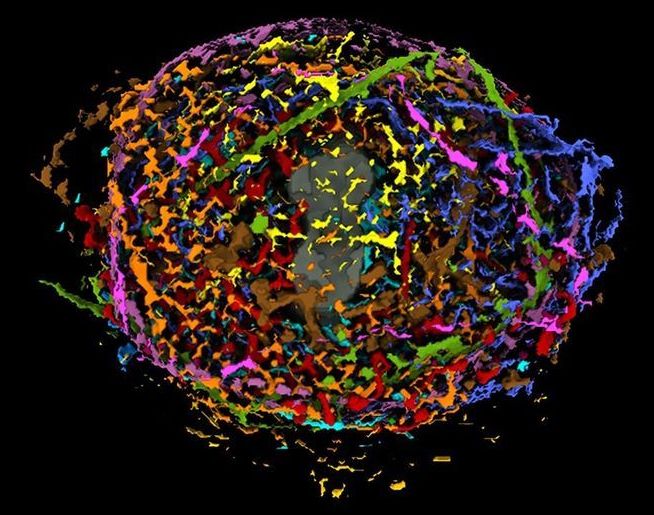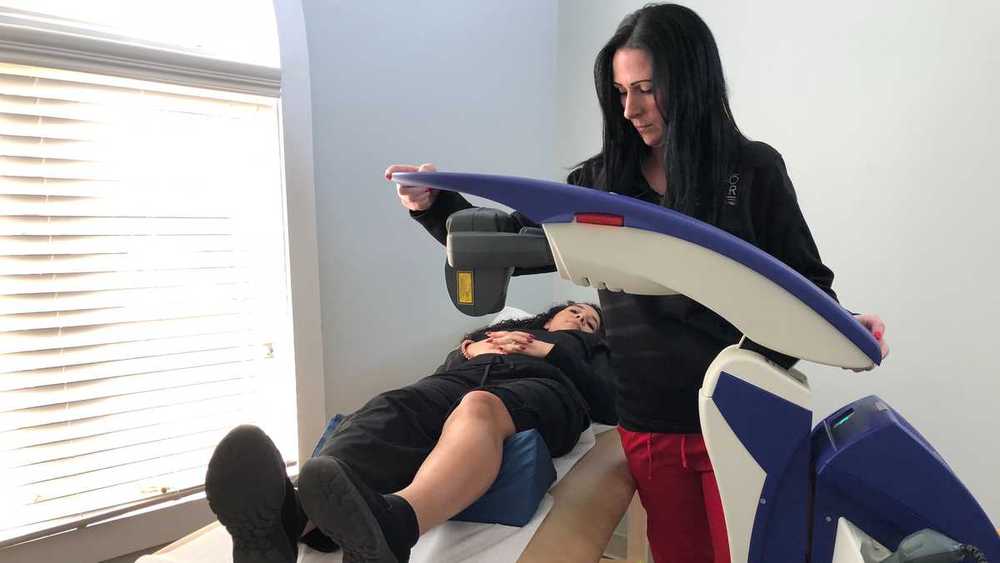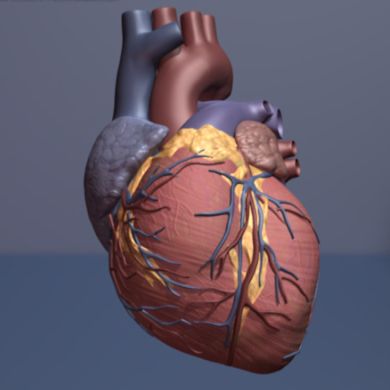The nonprofit Allen Institute in Seattle has produced a visualization of human cell division that promises to be useful for professional scientists and curious amateurs alike.



During the height of the Civil War, the Confederate Surgeon General commissioned a guide to traditional plant remedies of the South, as battlefield physicians faced high rates of infections among the wounded and shortages of conventional medicines. A new study of three of the plants from this guide—the white oak, the tulip poplar and the devil’s walking stick—finds that they have antiseptic properties.
Scientific Reports is publishing the results of the study led by scientists at Emory University. The results show that extracts from the plants have antimicrobial activity against one or more of a trio of dangerous species of multi-drug-resistant bacteria associated with wound infections: Acinetobacter baumannii, Staphylococcus aureus and Klebsiella pneumoniae.
“Our findings suggest that the use of these topical therapies may have saved some limbs, and maybe even lives, during the Civil War,” says Cassandra Quave, senior author of the paper and assistant professor at Emory’s Center for the Study of Human Health and the School of Medicine’s Department of Dermatology.

A new University of Colorado Boulder study, published in the journal Experimental Physiology, helps explain why.
It found that people who sleep fewer than 7 hours per night have lower blood levels of three physiological regulators, or microRNAs, which influence gene expression and play a key role in maintaining vascular health.
The findings could potentially lead to new, non-invasive tests for sleep deprived patients concerned about their health, the authors said.

It’s a remarkable story of recovery, but it’s unclear how useful this sort of therapy could become.
The background: Isabelle Holdaway had been given less than a 1% chance of survival after a lung transplant, carried out to combat the symptoms of cystic fibrosis, left her with an antibiotic-resistant infection. She had been sent home and was in a terrible physical condition: underweight, with liver failure, and with lesions on her skin from the infection.
A breakthrough: Her consultant at Great Ormond Street Hospital in London worked with a team at the University of Pittsburgh to develop an untested phage therapy. This treatment used a cocktail of three phages, which are viruses that solely attack and kill bacteria. Two of the three phages, selected from a library of more more than 10,000 kept at the University of Pittsburgh, had been genetically engineered to be better at attacking the bacteria. The therapy was injected into her bloodstream twice daily and applied to the lesions on her skin, according to Nature Medicine.

A team of researchers affiliated with several institutions in France has found that amyloid fibrils lit with near-infrared radiation emit a dim, near-infrared signal. In their paper published in the journal Nature Photonics, the group describes their study of amyloid fibrils and plaques in mice and humans and what they found.
Amyloid fibrils are tiny structures that self-form in some proteins. When they clump together, they form what are known as amyloid plaques. They are associated with the development of neurological diseases such as Alzheimer’s and Parkinson’s disease. Despite years of study, it is still not known what causes them. In this new effort, the researchers sought to learn more about the early stages of fibril development by developing a way to see it happening.
Prior work had shown that when ultraviolet light shines onto tissue-containing proteins, the tissue emits blue light. Researchers have found that the emissions become stronger if there are fibrils present in the proteins. While this finding has been useful, it has only allowed for superficial study of fibril formation due to the shallow depth of UV and blue light penetration. In their experiments, the researchers tried firing near-field radiation at sample human proteins and found that and fibrils present would emit a dim, near-infrared signal. This was important, because unlike UV light, near-field radiation can penetrate relatively deeply into tissue.

Treating pain can be tricky for practitioners and patients with a heightened awareness of the dangers surrounding the opioid addiction epidemic in Massachusetts. One local doctor is offering an alternative: cold laser therapy, with the promise of pain relief without the pills.
Last fall, Christine Hart was facing surgery for a hip injury and osteoarthritis.

Researchers at the Icahn School of Medicine at Mount Sinai have demonstrated that stem cells derived from the placenta known as Cdx2 cells can regenerate healthy heart cells after heart attacks in animal models. The findings, published in the May 20 issue of Proceedings of the National Academy of Sciences (PNAS), may represent a novel treatment for regenerating the heart and other organs.
“Cdx2 cells have historically been thought to only generate the placenta in early embryonic development, but never before were shown to have the ability to regenerate other organs, which is why this is so exciting. These findings may also pave the way to regenerative therapy of other organs besides the heart,” said principal investigator Hina Chaudhry, MD, Director of Cardiovascular Regenerative Medicine at the Icahn School of Medicine at Mount Sinai. “They almost seem like a super-charged population of stem cells, in that they can target the site of an injury and travel directly to the injury through the circulatory system and are able to avoid rejection by the host immune system.”
This team of Mount Sinai researchers had previously discovered that a mixed population of mouse placental stem cells can help the hearts of pregnant female mice recover after an injury that could otherwise lead to heart failure. In that study, they showed that the placental stem cells migrated to the mother’s heart and directly to the site of the heart injury. The stem cells then programmed themselves as beating heart cells to help the repair process.
